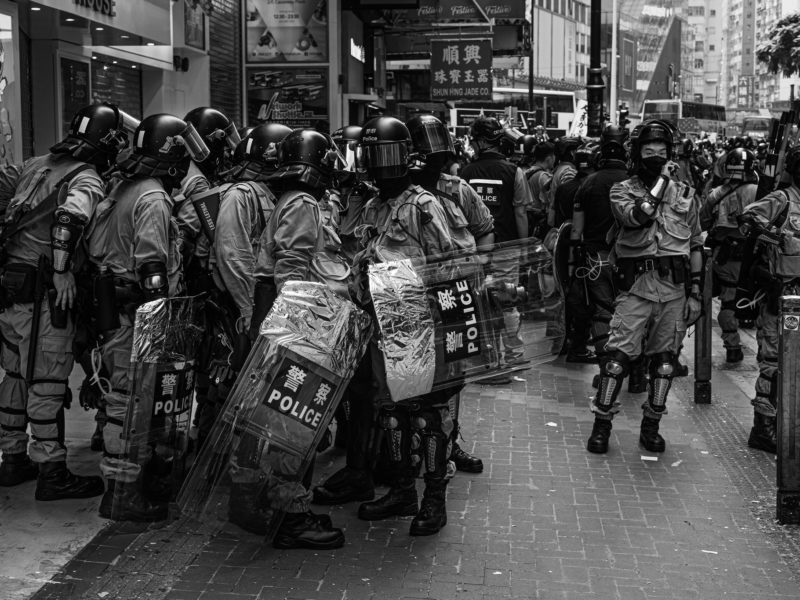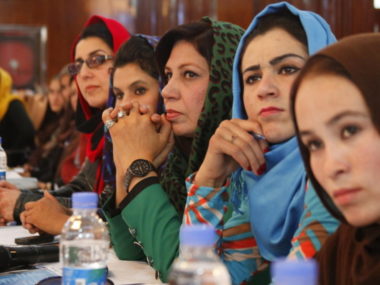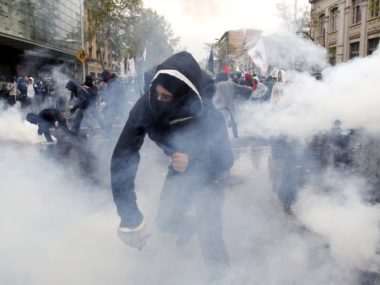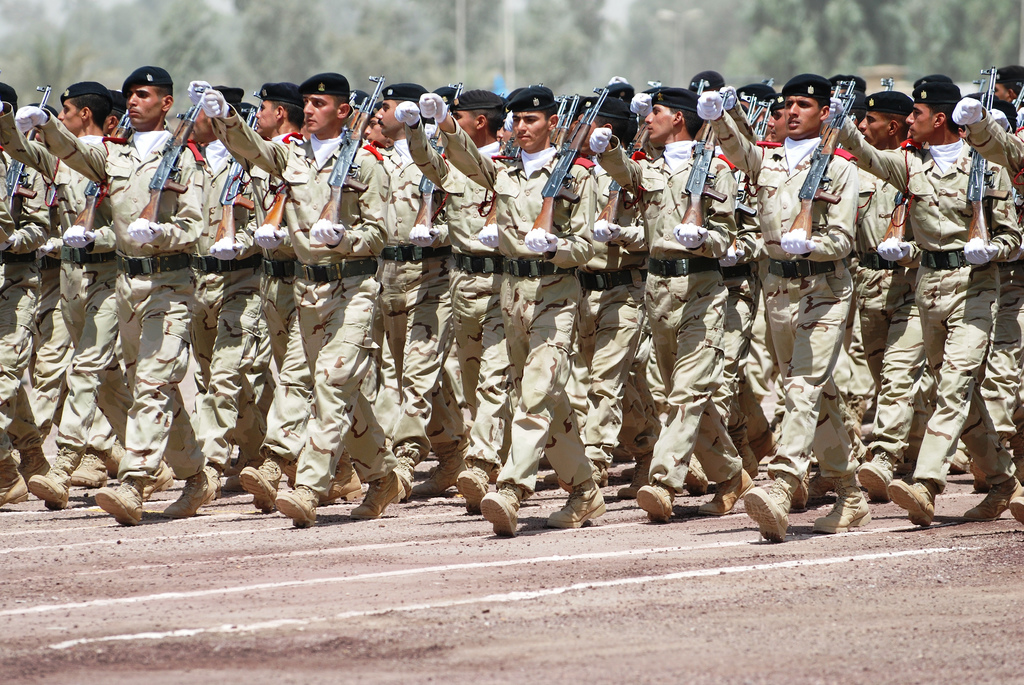Guest post by Erwin van Veen
Much has been written over the past few years about the global decline of democracy and the growing repression of political pluralism. Strongmen such as Erdogan, Putin, Modi and Xi Jinping—and perhaps even Ali Khamenei and Mohammed bin Salman—dominate regional or global politics and offer the world an alternative political and economic model based on authoritarian control. Not only do these autocrats rule in their own countries, they push their model into what they consider their spheres of influence—places such as Georgia and Belarus for Russia; Hong Kong and Taiwan for China; Iraq and Syria for Iran; and Yemen and Bahrain for Saudi Arabia.
The Russian invasion of Ukraine underlines a point that recent history has made several times already: Strongmen that intervene militarily in neighboring countries to impose or restore authoritarian rule reveal the shaky foundations of their own political order and increase its vulnerability if they fail. Putin is showing the world that notions of Russia as the linchpin of “Slavic brotherhood” and custodian of “Kievan Rus” get their meaning mostly from the barrel of a gun. And yet the Russian regime itself derives some of its legitimacy from such imperial notions.
China faces a similar problem in Hong Kong where it is only able to impose its political views and writ through intimidation, censorship, and coercion. The gradual political infiltration of the Legislative Council, harsh national security laws, and closure of media like Stand News are “softer” measures than military invasion, but they serve the same purpose: imposition of authoritarian control on an unwilling population. The difference is that the size of Hong Kong makes it more likely that Beijing will succeed than Moscow in Ukraine.
The extended Arab uprisings that took place between 2011–2020 offer similar examples. Think of the Saudi invasion of Bahrain in 2011 to support the authoritarian rule of the ruling Al-Khalifa family, or Iran’s use of armed groups to mercilessly suppress large-scale protests across Baghdad and southern Iraq in 2019–2020 through a targeted assassination campaign of activists.
What these acts of aggression have in common is that they illustrate the limited “soft power” of authoritarian regimes. Autocrats care deeply about political trends and reforms in neighboring countries that increase citizen participation and pluralism and improve human rights—because they throw the unattractiveness of their own regimes into stark relief. Proximity brings relative deprivation home like nothing else.
That’s why authoritarian regimes intervene—to maintain the status quo. But if their intervention is violent, the cure risks being worse than the disease. It is extraordinarily difficult to secure loyalty and consent through violence. In the best case, violence (or the threat of it) assures outward compliance. In the worst case, it accelerates the construction of opposing identities and generates popular hostility. Iran lost significant status and influence in Iraq by helping to repress its 2019 protests, just as Saudi Arabia has created longstanding animosities against it in parts of Yemen.
No state—not even an authoritarian one—relies on large-scale violence to maintain rule and so its occurrence is a certain sign of crisis. Where its application fails, the original risk of contagion is amplified. It demonstrates not only the utter lack of soft power among the authoritarian regime—it also suggests weakness in its ability to coerce, which can reverberate both domestically and internationally. This makes it likely that an authoritarian state will go to great lengths to ensure a military intervention in its neighborhood succeeds, once initiated.
From a Western policy perspective, these dynamics create a Catch-22. Supporting pro-citizen political reforms in countries close to powerful authoritarian states—like what the US and EU have done in Ukraine since 2004 and 2014—is risky because it can trigger a coercive response, including military action. On the other hand, ignoring demands for such reforms creates complicity with authoritarian regimes and undermines globally recognized civil and political rights. This is what the US and EU have been doing in both Bahrain and Yemen since 2011.
There are essentially two policy pathways to deal with this Catch-22. If caution is the better part of valor, Western support for political reform abroad must not promote a speed and scope of change that lies too far beyond parameters that powerful authoritarian neighbors can tolerate. Significant parallel diplomatic and confidence-building efforts will also be needed to assure such neighbors.
Alternatively, if a more assertive policy course is preferred, Western support for reform must come hand in hand with credible deterrence that is clearly communicated. Since coercive responses, especially military interventions, have high stakes for authoritarian regimes, they are not lightly decided upon. To prevent violent conflict, every effort must be made to tilt the odds against such regimes and increasing the cost is one way of doing so.
In Ukraine, the West can no longer seek to temporize reform, build confidence through diplomacy or engage in preventive deterrence. The Russian invasion is likely to continue until its objectives have been realized. This makes a painful accommodation with authoritarianism unavoidable, until such a time that reform becomes possible in Russia itself.
Erwin van Veen is a senior research fellow and leads the Middle East research program at Clingendael’s Conflict Research Unit.






